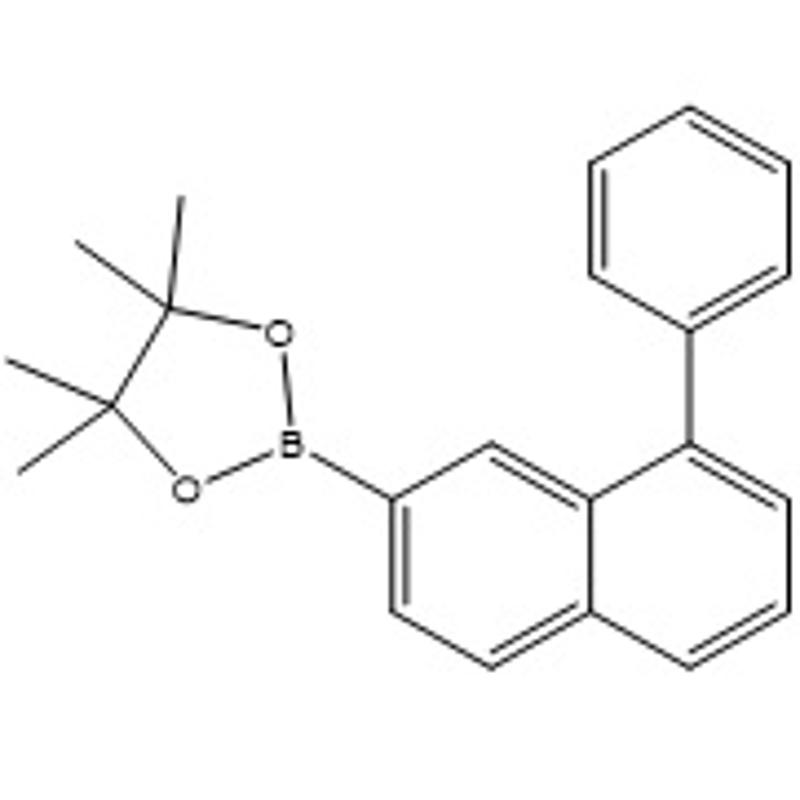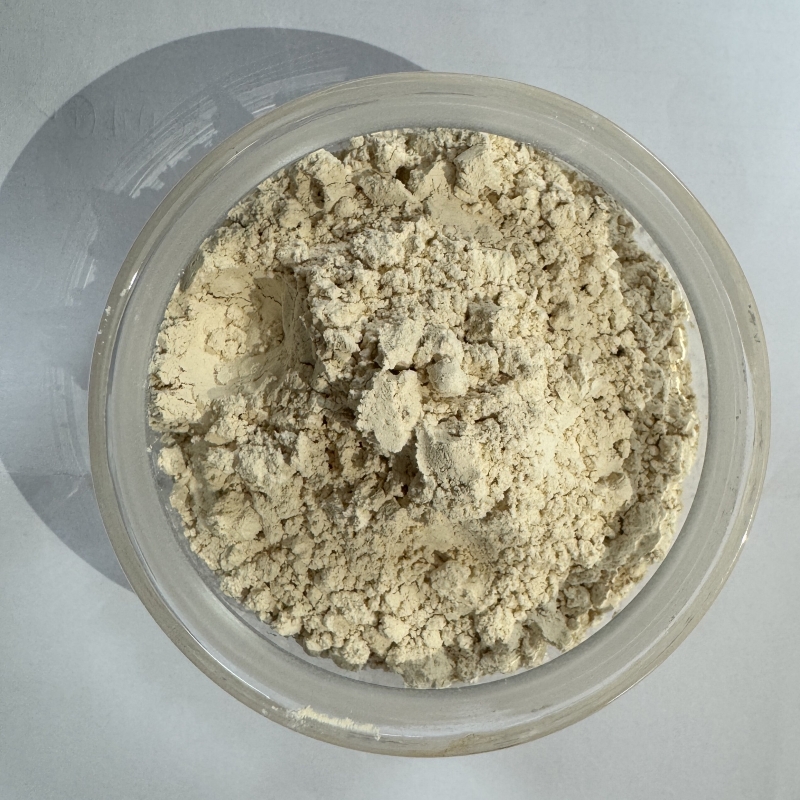-
Categories
-
Pharmaceutical Intermediates
-
Active Pharmaceutical Ingredients
-
Food Additives
- Industrial Coatings
- Agrochemicals
- Dyes and Pigments
- Surfactant
- Flavors and Fragrances
- Chemical Reagents
- Catalyst and Auxiliary
- Natural Products
- Inorganic Chemistry
-
Organic Chemistry
-
Biochemical Engineering
- Analytical Chemistry
-
Cosmetic Ingredient
- Water Treatment Chemical
-
Pharmaceutical Intermediates
Promotion
ECHEMI Mall
Wholesale
Weekly Price
Exhibition
News
-
Trade Service
Ethyl-2-piperazinecarboxylate, also known as EPCA, is a chemical compound that is widely used in various applications in the chemical industry.
Its unique properties, such as high solubility in water, make it a popular choice for various processes in the industry.
One of the most common applications of EPCA is as a catalyst in the production of polyethylene terephthalate (PET), a synthetic polymer used in the production of plastic bottles and other packaging materials.
EPCA acts as a catalyst for the polycondensation reaction that occurs during PET production, helping to create the long chains of polymer that are the hallmark of PET.
EPCA is also used in the production of various types of dyes and pigments.
Its high solubility in water makes it an ideal solvent for the synthesis of these chemicals, which are used in a variety of applications, including textile dyeing and printing, plastics manufacturing, and cosmetics production.
Another application of EPCA is in the production of surfactants, which are chemicals used in a wide range of personal care and household products, including soap and detergent solutions.
EPCA acts as a catalyst in the production of these chemicals, which are important for creating stable emulsions and improving the solubility of other ingredients.
EPCA is also used in the production of electrolytes for lithium-ion batteries, which are commonly used in portable electronic devices, electric vehicles, and renewable energy systems.
EPCA helps to improve the performance and stability of these batteries, allowing them to hold more charge and deliver better power.
In the field of pharmaceuticals, EPCA is being studied for its potential as a drug delivery system.
Its ability to solubilize poorly soluble compounds and proteins makes it a promising candidate for delivering drugs to the body, especially for treating diseases that affect the central nervous system.
Overall, EPCA is a versatile chemical compound with a wide range of applications in the chemical industry.
Its unique properties make it an ideal choice for various processes, and its potential in new applications continues to be explored.







